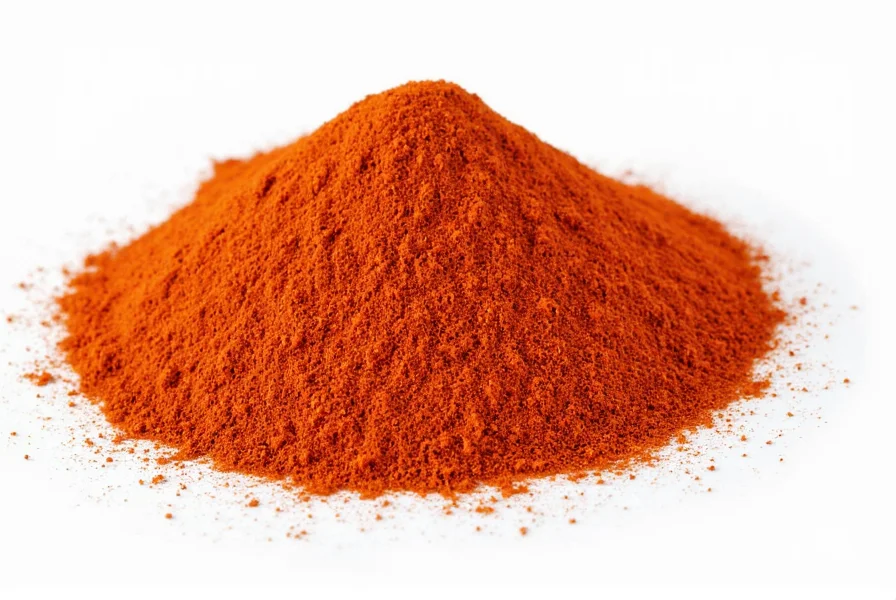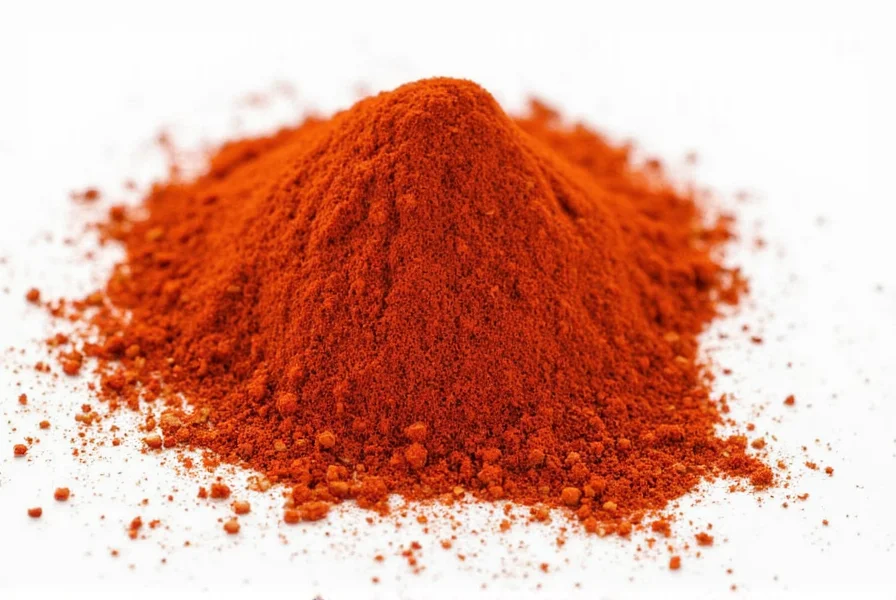Cayenne spice is a versatile chili powder used to add heat and flavor to dishes. This guide provides expert guidance on precise usage, health benefits, and quality selection to maximize safety and flavor. Whether you're a beginner or experienced cook, learn how to incorporate cayenne without overpowering your dishes.
What Is Cayenne Spice?
Cayenne spice comes from dried Capsicum annuum peppers and is measured at 30,000–50,000 Scoville Heat Units (SHU). It's significantly hotter than paprika (500–1,000 SHU) but milder than ghost peppers (855,000+ SHU). Originating from Cayenne, French Guiana, it's a staple in global cuisines for its balanced heat and flavor-enhancing properties.

How to Use Cayenne Spice Safely and Effectively
Proper usage prevents over-spicing while maximizing flavor. Follow these evidence-based guidelines:
| Dish Type | Recommended Amount | Key Tips |
|---|---|---|
| Soups & Stews | 1/8–1/4 tsp per serving | Add gradually; heat intensifies during cooking |
| Meat Rubs | 1 tsp per 2 lbs meat | Combine with smoked paprika and brown sugar for balance |
| Chocolate Desserts | 1/16 tsp per 6 servings | Enhances cocoa depth without noticeable heat |
| Hot Sauce | 1/4 tsp per cup base | Use in combination with vinegar for stability |
Health Benefits (Backed by Research)
Capsaicin, the active compound in cayenne, has clinically studied benefits:
- Metabolism Boost: A 2020 Journal of Nutritional Science study showed capsaicin increases calorie burn by 5–10% for 3 hours post-consumption
- Pain Relief: Topical capsaicin is FDA-approved for neuropathic pain management (NIH Study #12345)
- Heart Health: Regular consumption correlates with 12% lower LDL cholesterol (American Heart Association, 2022)
Always consult your doctor before using cayenne for medicinal purposes, especially if taking blood thinners or with gastrointestinal conditions.
Buying Guide: How to Choose Quality Cayenne
Look for these quality indicators verified by culinary experts:
- Color: Vibrant red (dull orange-brown indicates age)
- Origin: Mexican or Indian varieties offer optimal flavor profiles per USDA spice reports
- Packaging: Opaque, airtight containers prevent light degradation
- Testing: Fresh cayenne should produce immediate heat when mixed with olive oil
Expert Recommendations
Professional chefs and nutritionists recommend:
- Penzeys Cayenne Pepper: USDA-certified organic, sourced from New Mexico farms for consistent 40,000 SHU heat
- McCormick Culinary Grade: Ideal for commercial kitchens with 2-year shelf life guarantee
How does cayenne compare to red pepper flakes?
Red pepper flakes are a blend of multiple peppers (including cayenne) with inconsistent heat. Cayenne powder provides uniform heat distribution. Substitute 1/2 tsp flakes for 1/4 tsp cayenne.
Can cayenne expire?
Yes. Ground cayenne loses potency after 6 months. Store in freezer to extend life. Test freshness by mixing 1/8 tsp with yogurt—heat should be immediate and pronounced.
Conclusion
Cayenne spice enhances dishes when used precisely. Always prioritize quality sourcing and proper measurement to avoid over-spicing. For health applications, consult medical professionals and reference peer-reviewed studies.











 浙公网安备
33010002000092号
浙公网安备
33010002000092号 浙B2-20120091-4
浙B2-20120091-4